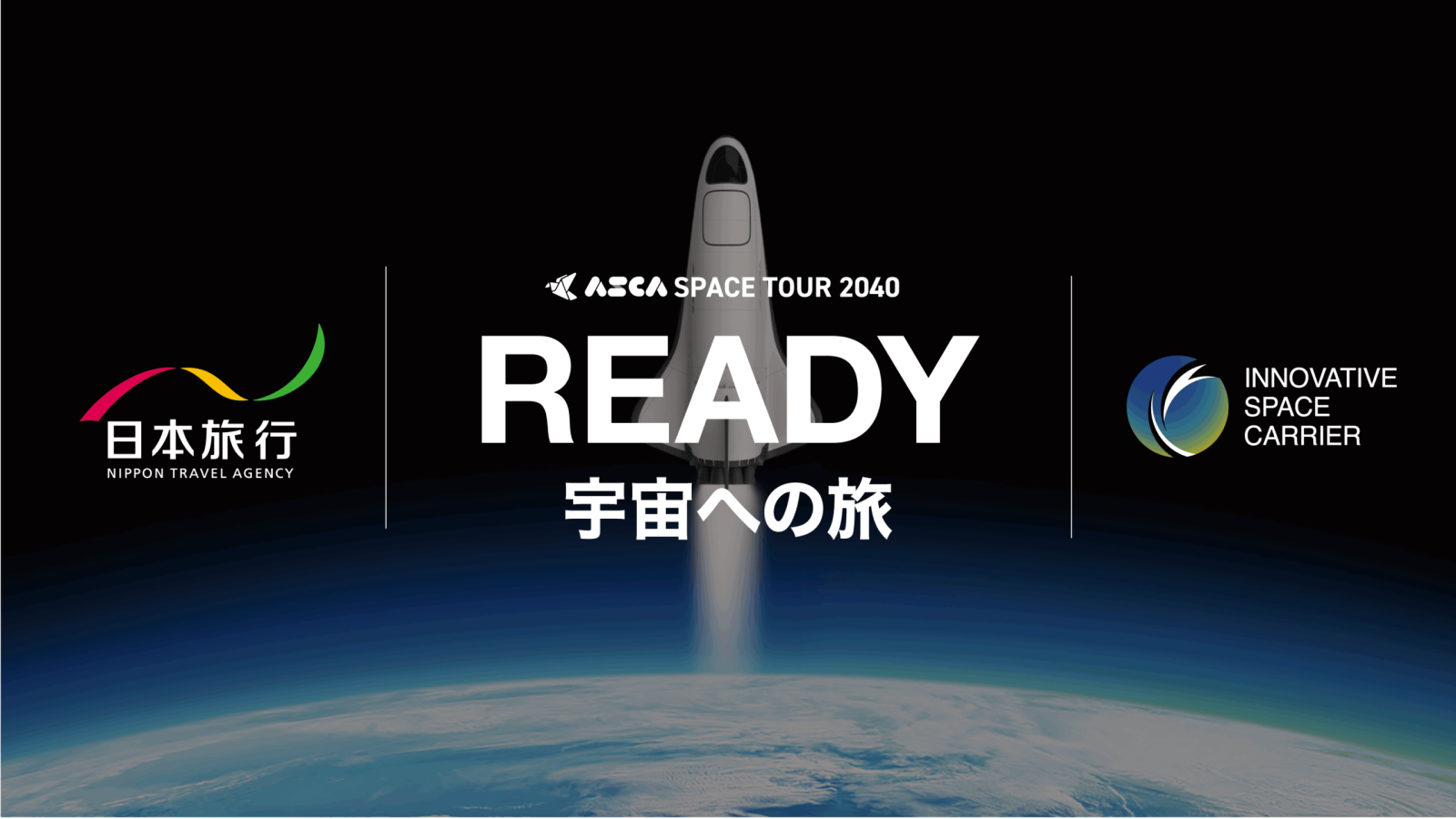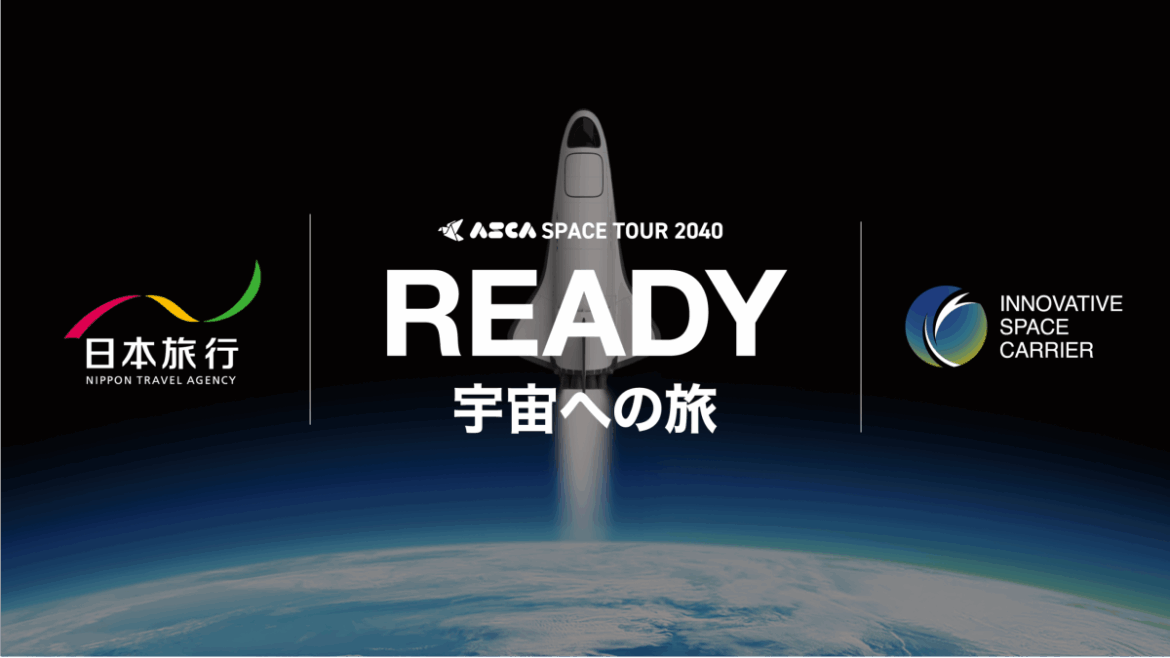A Japanese travel agency said Tuesday it plans to launch a high-speed space transport service in the 2030s that could connect Tokyo and U.S. cities such as New York in just 60 minutes.
Why It Matters
Civilian space travel is rapidly moving from science fiction to reality, as private companies race to make commercial spaceflight more accessible.
What To Know
Nippon Travel Agency Co. announced the project in partnership with Innovative Space Carrier Inc., a Tokyo-based startup developing reusable rockets. A round trip would cost about 100 million yen ($657,000) per passenger. The companies said the transport vehicle would launch from an offshore site and be capable of linking any two points on Earth within an hour.
“We hope this business will be a new starting point to connect space travel and tourism,” Nippon Travel President Keigo Yoshida said at a news conference. Advance applications for the program will open in fiscal 2026.

Firms like SpaceX, Blue Origin and Virgin Galactic have launched paying passengers on short suborbital trips, marking major milestones in 2023 and 2024.
While ticket prices remain steep—often hundreds of thousands of dollars—advancements in reusable rocket technology are driving costs down. Companies are also developing point-to-point travel concepts that could one day connect major global cities in under an hour through suborbital flight.
Governments and space agencies are supporting these efforts through new regulations and infrastructure partnerships, with the hope that commercial ventures will help fund broader exploration goals. Some experts and analysts say the next decade could see civilians not only traveling to the edge of space but also staying in private space stations, making space tourism a growing part of the global economy.
What Happens Next
The Japanese initiative will roll out in stages, beginning with space-themed tours and food-tasting experiences tied to the project, followed by plans to offer orbital stays in the 2040s. Nippon Travel will handle product design and marketing, while Innovative Space Carrier will focus on reducing costs by increasing each rocket’s flight life span, company president Kojiro Hatada said.
Updates: 10/28/25, 8 p.m. ET: This article was updated with new information.
This article includes reporting by the Associated Press.


AloJapan.com